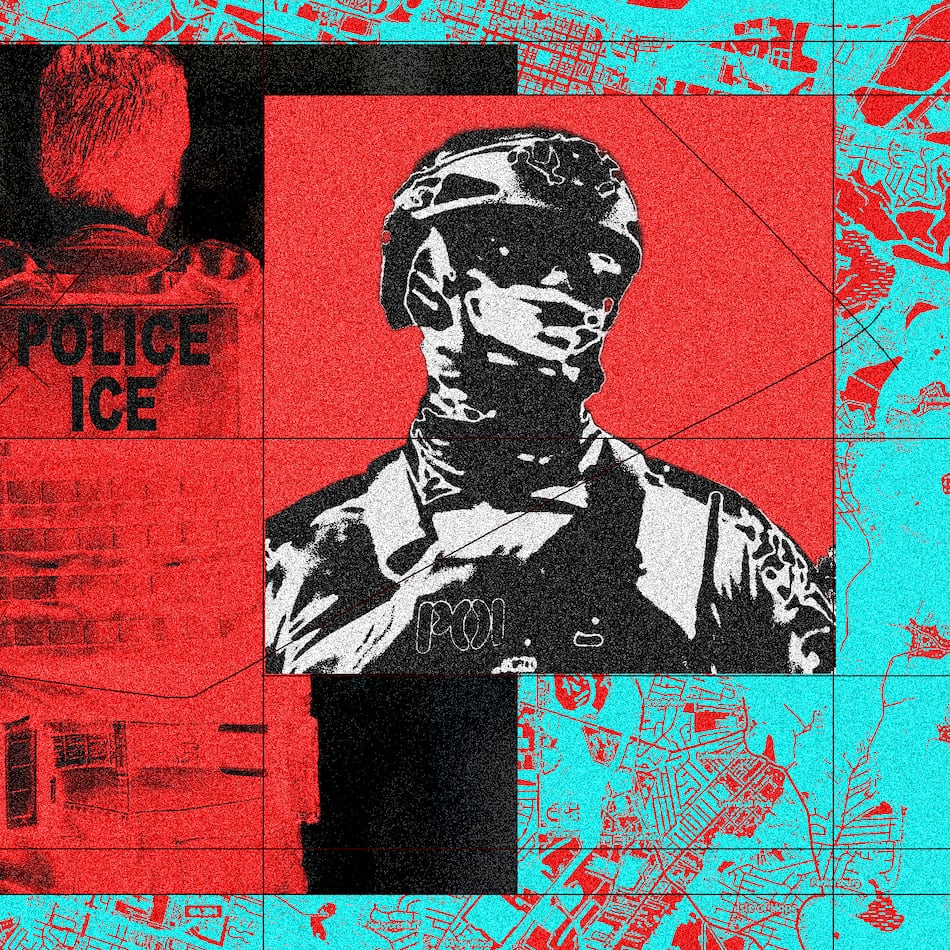LOS ANGELES (AP) — Long before the Icelandic Chinese artist Laufey became recognized the world over for her neoclassical jazz-meets-pop music, she was a student, answering a familiar yearbook prompt: “Where do you see yourself in 10 years?”
Her answer: Move to the U.S., sign a record deal and win a Grammy. The 26-year-old has done all three.
“I must have been so confident to write that because I remember that being a very far-sought kind of thing,” the musician born Laufey Lín Jónsdóttir told The Associated Press.
Those aren't her only accomplishments: She's collaborated with Barbra Streisand, shared the stage with Hozier, Noah Kahan and the Los Angeles Philharmonic. An unexpected nonconformist to the rules of contemporary pop, Laufey's third album, “A Matter of Time” out Friday, pulls inspiration from country and Icelandic folk music as well as classical and bossa nova sounds.
“My ultimate goal is to introduce young audiences to jazz music, to classical music, to encourage them to learn instruments and explore their own sound,” Laufey said.
In a recent interview, Laufey discussed her new album, embracing anger on the record, working with her twin sister and more. Responses are edited for clarity and brevity.
AP: What’s the story behind the title “A Matter of Time?”
LAUFEY: I knew I wanted the album to have time as a central theme. I was just so fascinated by how it’s kind of like this one thing that humans have no control over, and sometimes we want to speed up and sometimes we want to slow down, but ultimately it’s out of our control. And there’s something romantic about that to me.
Now its taken on a little bit of a different meaning in that it’s basically me baring my soul to the world and baring my soul to a lover. And it’s kind of like, “a matter of time until you find out everything about me.”
AP: The end of “Sabotage” felt very jarring, which is unexpected. Are you embracing anger on this album?
LAUFEY: For sure. I think I was never allowed to embrace anger. I was a very good kid growing up. I was very polite and very quiet. I used this as a way to show that you can be angry, and rather, to show also that you can be both a soft, spoken person while still harboring anger.
I think the understanding of women and characters has so much been like one or the other. She’s like this, she’s a mad woman, she a soft, sweet woman. Like, we’re all everything.
AP: How do you compare this album to your past projects?
This is just the most free I’ve been. I wasn't following any type of compass in that I wasn't trying to create something as education. I was more so just making music from the heart. I just approached with a whole lot more confidence, even though the album’s all about anxiety and learning about oneself and insecurity and delusion. And it’s tapping into emotions that I maybe wouldn’t have dared to tap into before. It is the most confident I’ve been, because I don’t think I’d have the confidence to put out the music in this album before.
AP: Your twin sister Junia is credited on the album. What’s it like working with her?
LAUFEY: It’s so special. We do everything together. Like, she does everything, pretty much, — other than the music, the literal music making — she has her hands in.
All the merch, that’s all her. The album covers, all the creative, like, music videos, everything — she’s such a part of the project. And then she literally plays violin on some of the songs. I know so many artists who talk about how it can be quite lonely, but I’ve never really been alone. Like, I’ve always done it in tandem with my sister.
AP: You've spoken about the importance of Asian role models. I think you've become one
yourself.
LAUFEY: I grew up in a very, very different, like, homogenous Icelandic community. I didn’t see people who looked like me every single day. I saw my mom, that was it. And I guess I saw my identical twin sister, who looked exactly like me. But it’s so powerful, seeing someone who looks like you, that you can look up to.
I already see more representation, but there’s still such a long way to go. I’m still a half-white Asian woman, you know? And I don’t want young Asian women to look up and see all of the stars in front of them be half-White either, because what kind of message is that sending? So, I don't know. Anything I can do to lift up voices, create those communities, and empower young Asian artists to do their thing, that's, like, at the center of my philosophy.
AP: You’ve done all the things you said you wanted to do in your yearbook. What’s next?
LAUFEY: I’d love to score a film or do, like, a theme song to a film, preferably a James Bond theme song, because that’s, like, my dream. But it’s so hard to say because I’ve ticked off all those simple things off — many are big, but the tick-able ones. I hope I’m still making music and I still hope that I love it.
The Latest
Featured


